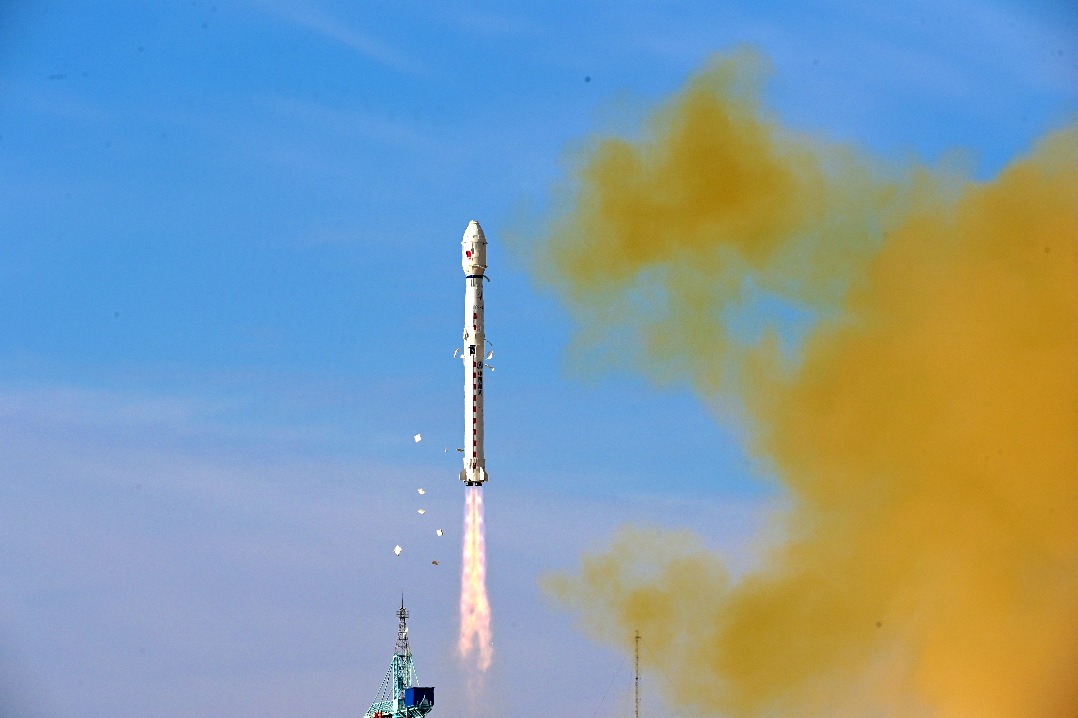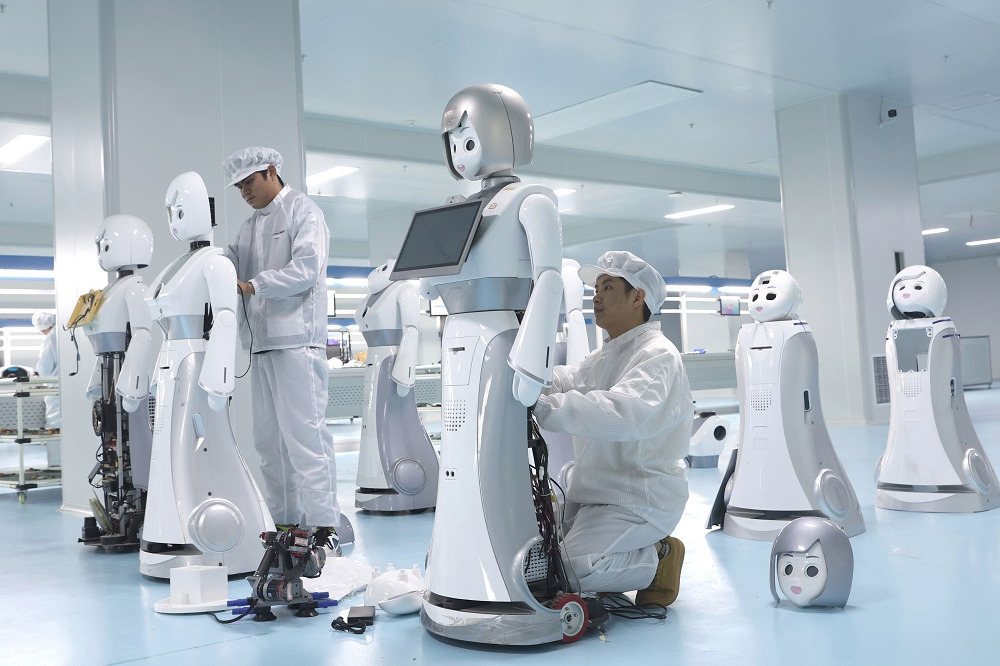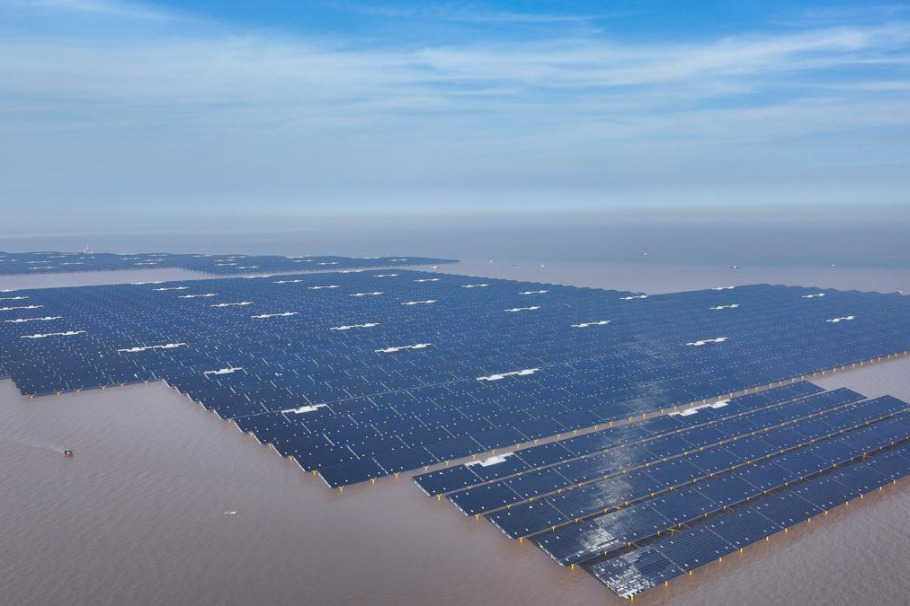UN agency praises ecological protections

China has taken great strides since 2013 in environmental protection, with effective air pollution and other controls put in place, and it is working to bring its best practices to the world, the regional head of a UN development agency said.
During the past five years, China has made a powerful push from the central and local levels to improve air quality, "and the achievement in the (Beijing-Tianjin-Hebei) area has not gone unnoticed, as we are now experiencing many more blue skies in Beijing", said Nicholas Rosellini, the United Nations Development Program resident representative for China.
Data from the Ministry of Environmental Protection show the dramatic decline of air pollution, with the average level of PM2.5-hazardous fine particles-in the Beijing-Tianjin-Hebei region reduced since 2013 by 39.6 percent.
The reduction targets set for governments were reached as scheduled, and many cities, especially in the Pearl River Delta, met the national standards three years early, data show.
China has for years been increasing its environmental focus, showing "it is a responsible partner when it comes to the environment", Rosellini said.
He highlighted some of the effective measures that made significant contributions, including incentives for providing subsidies issued as a trade-off for eliminating sub-standard cars with gas or diesel engines.
"We are also supporting the development of new energy vehicles, particularly fuel cell vehicles, ... and have seen an increase in production and adoption in China," he said.
Perhaps the most significant, in terms of impact, is the recent development of the emission rights trading and carbon emission trading market mechanism, Rosellini added.
The short-term negative impacts of stricter pollution regulations may largely be reflected in terms of unemployment due to the displacement of workers at companies that have been shut down due to their pollution emissions, and an increase of energy bills from companies facing a restriction in their use of fossil fuels, he said.
"However, these short-term effects are a trade-off for cleaner skies and reduced health-care costs from the population," Rosellini said.
Besides, while industries that pollute heavily, such as auto and steel, might see a downward shift, new emerging industries that are more environmentally friendly can in some cases fill the gap, he said, adding that this is the case in the United States, where employment in the coal industry has been significantly outpaced by growth in alternative energy jobs.
For China, the booming renewable energy and automotive industries are great examples. For instance, the rise in sales of electric vehicles, especially battery-powered electric vehicles and fuel cell electric vehicles, indicate a market that will continue to rise and provide employment, he said.
Applauding China's efforts in curbing air pollution, UNDP has conducted projects to work with China, such as in 2017, when UNDP China's initiatives led to the reduction of 14.85 million metric tons of carbon dioxide emissions, data show.
"On the international level, UNDP and China are working together to bring China's experience and best practices to other countries," Rosellini said, adding through the Belt and Road Initiative, UNDP and China are working closely to provide knowledge exchanges, technology transfers, training and to build capacity.
For example, he cited using energy-efficient bricks in constructing homes and replacing incandescent light bulbs with LEDs or energy efficient bulbs.
"China's experience with greening the manufacturing sector can also be exported, in particular the phasing out of hydrochlorofluorocarbons, commonly known as HCFC, in the refrigeration and air conditioning industries," he said.
"Besides, China's capacity development in reducing greenhouse gas inventories and an institutional setup for climate change mitigation could provide a model for other countries to follow."
- Probe identifies cause of tragic Hebei nursing home fire
- Safety breaches, substandard materials, management failures caused Fuzhou accident: report
- Cutting edge UAV completes maiden flight in Sichuan
- Hainan registers record flow of foreign visitors
- Hebei discovery sheds light on development of Stone Age tools
- Lion parade sparks debate at Anhui zoo





































